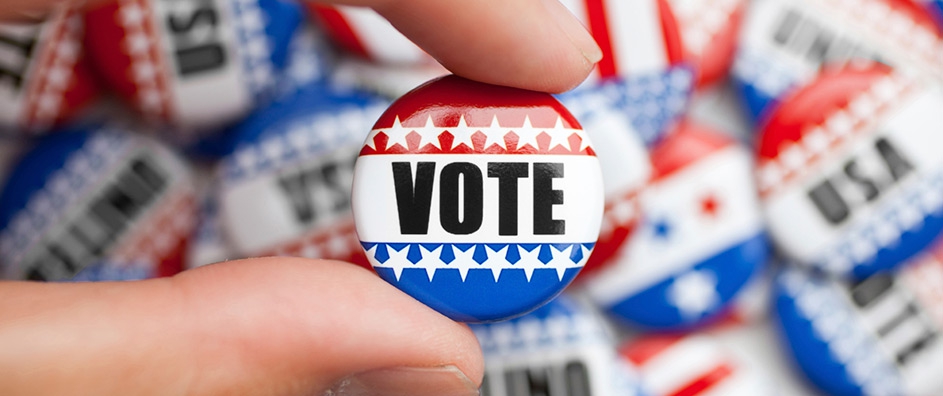The views expressed in our content reflect individual perspectives and do not represent the authoritative views of the Baha'i Faith.
Every day, in every nation on Earth, we see the collision of the personal and the political.
In the news, national and international, frequent items reveal personal corruption in important offices. The details vary from case to case, but they all reveal personal failings.
In many countries, when there is a governmental election, the ballot identifies a position, and offers us the names of people as candidates for that position. During the campaign, the candidates may provide us with reasons why each should be elected to that position—but this process rarely addresses the possibility of lack of personal integrity. We often vote with no idea who we’re voting for, beyond the campaign advertising we’ve happened to see or the party affiliation the candidate might have. Campaigning often creates a false image of political candidates, allowing us to see only their stated policy positions rather than their character. As a result, we often get leaders without sufficient wisdom, personal scruples or integrity.
So how about trying an alternative procedure?
This new procedure would have to represent a significant change from the customary, from what we’ve grown used to. This alternate procedure would have features that reduce the opportunity for corruption and personal malfeasance, and greatly increase the probability of electing honest, trustworthy persons. It would remove the huge amounts of money from the election of leaders, as well, taking away the power of special interests to influence the course of any election. In addition, this new way of choosing our leaders would assure that we elect people who aren’t only seeking power for its own sake.
The alternate procedure, modeled for us by the democratically-elected administrative bodies in the Baha’i teachings, works this way:
The ballot would have no names on it—only the titles of the offices the voters need to fill. In those empty spaces, the voter can freely enter the names of persons whom that voter knows to have good character—the attributes of honesty, loyalty, a well-trained mind, personal trustworthiness and mature experience. This approach also precludes the formation of political parties, and places, on the voter, the responsibility of identifying those individuals who best combine these character attributes. This kind of election would also eliminate any kind of political party nomination or campaigning process, and obviate the need for the solicitation of personal endorsements.
The Guardian of the Baha’i Faith, Shoghi Effendi, identifies the desired attributes to vote for in such an election:
…irrespective of any material consideration… only those who can best combine the necessary qualities of unquestioned loyalty, of selfless devotion, of a well-trained mind, of recognized ability and mature experience. – Baha’i Administration, p. 88.
Those elected would then form an executive council, and this executive council would appoint or employ those persons who could address the needs of the population. Each council would have an odd number of members, so a majority vote would always be possible. These elected councils would be tiered, with everyone voting for the most local council, and the elected council members then voting for successively higher level councils, but using the same criteria. National and international executive leadership would be elected in the most purely democratic way possible—through a full, open plebiscite that allowed everyone to express their true choice.
The adoption of such a model would obviously represent a major change from the present procedures, and would require the individual voter to exercise greater personal responsibility before casting a ballot.
This Baha’i model of pure democracy, already in use today in Baha’i elections all around the globe, could transform the way we govern ourselves.
















Comments
Sign in or create an account
Continue with Googleor